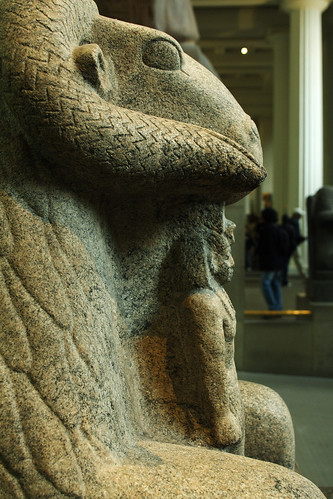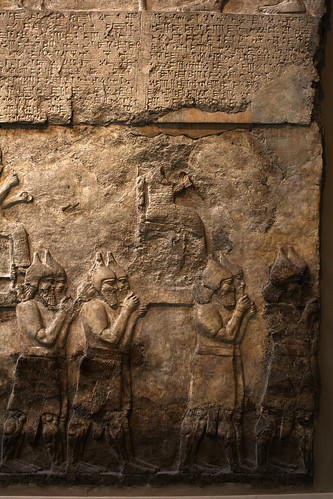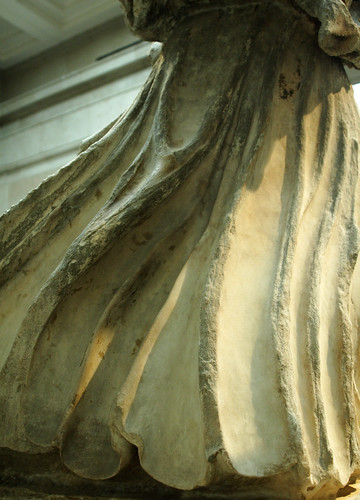Via the The Brooks Blog (and via Brian Leiter):
http://www.timeshighereducation.co.uk/story.asp?sectioncode=26&storycode=403020&c=1
http://the-brooks-blog.blogspot.com/2008/07/uk-research-leave-scheme-for.html
http://leiterreports.typepad.com/blog/2008/07/more-trouble-fo.html
By the sound of things the Arts and Humanities Research Council scheme for research leave may be changing. Although both Thom Brooks and Brian Leiter include headlines that sound like research leave funding might be axed altogether (this seems like a possible, but worst case, scenario), it seems fairly evident that the AHRC wants to address several problems with the current schemes. These would probably require the current scheme to be reworked or replaced, but not dropped without a successor. The issues are whether the scheme lead to completed research projects, whether it aids junior academic sufficiently, and whether it promotes collaborative research adequately? Of the three, that collaborative research is being presented as the biggest priority.
If collaborative funding is the driving force behind changes which eventually emerge from the AHRC, some dire portents might be justified. Presumably, the money currently lined up for individual scholars would have to be obtained from joint research proposals. This entails significant procedural changes, and may also entail significantly different probabilities of success, depending on how funding is eventually earmarked. I am not at all sure that this is healthy.
Collaborative research may be a desirable norm in some fields, but I wonder if it is appropriate to all kinds of research. As a matter of fact, I have enjoyed and continue to look forward to collaborative work in the history of political thought. That said, the joint papers I have given were both received in conferences as stimulating novelties. More importantly, I cannot conceive of having achieved my work on Lockean will and on Lockean language collaboratively.
Of course, one can always try to sell one's work as collaborative, even if that is true only in a thin kind of way. One might imagine a loose research group dedicated to a common theme, perhaps agonism in republican thought. By presenting work, in a series of seminars and hosting several conferences, some edited book or special issue of a journal might be pursued at the close of the research group. There is no reason not to think of this project as collaborative. The question would be whether this kind of thin collaboration satisfies, or whether the AHRC will be looking for something more like joint research. If thick collaboration is the goal, the accommodating research programme like that imagined here would probably not have the cohesiveness to command success.
At the moment, its probably to early to jump to conclusions, but the ramifications of potential changes, if currently indeterminate, could be staggering for how research is carried out and where.
Once more into the breach,
Ben







